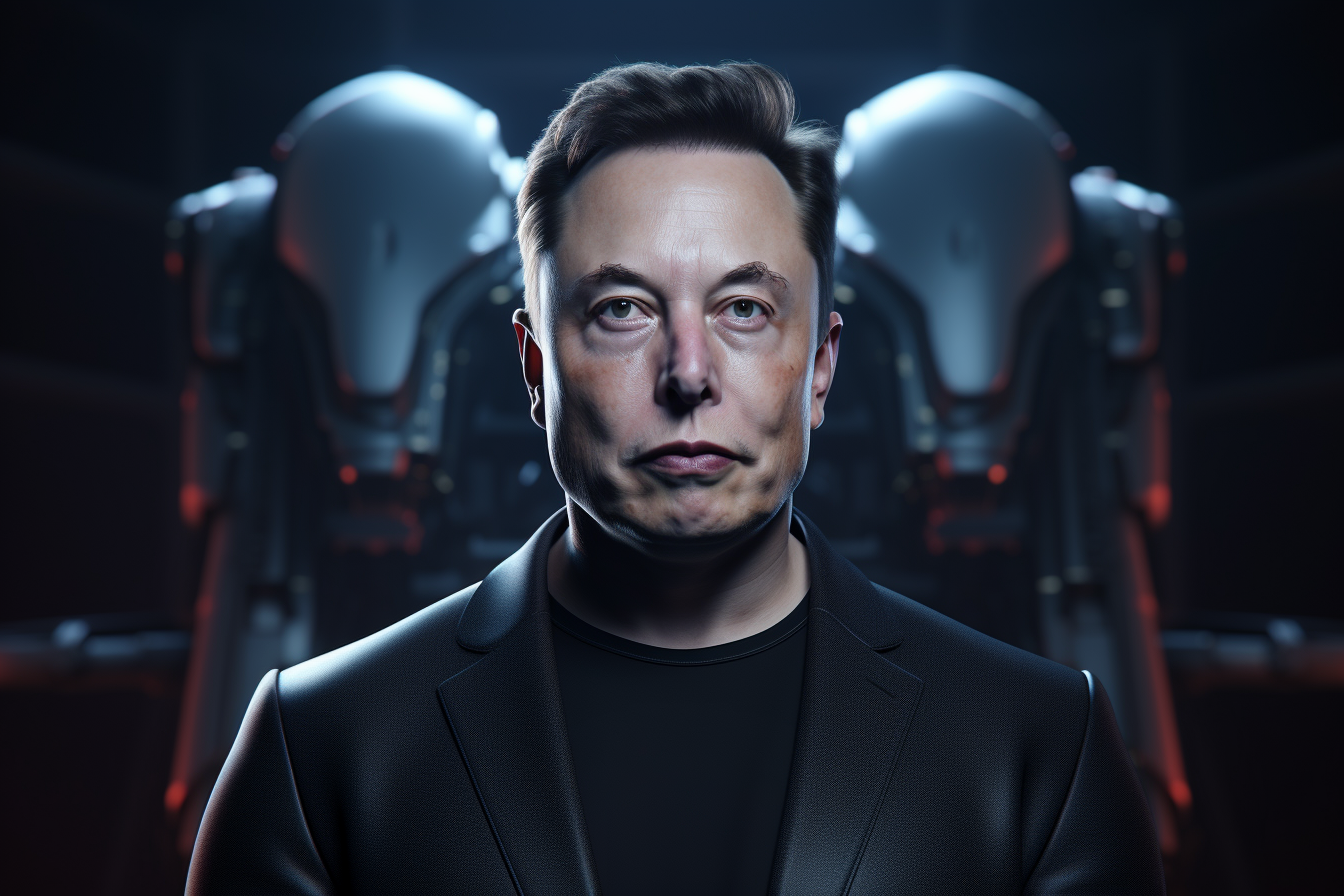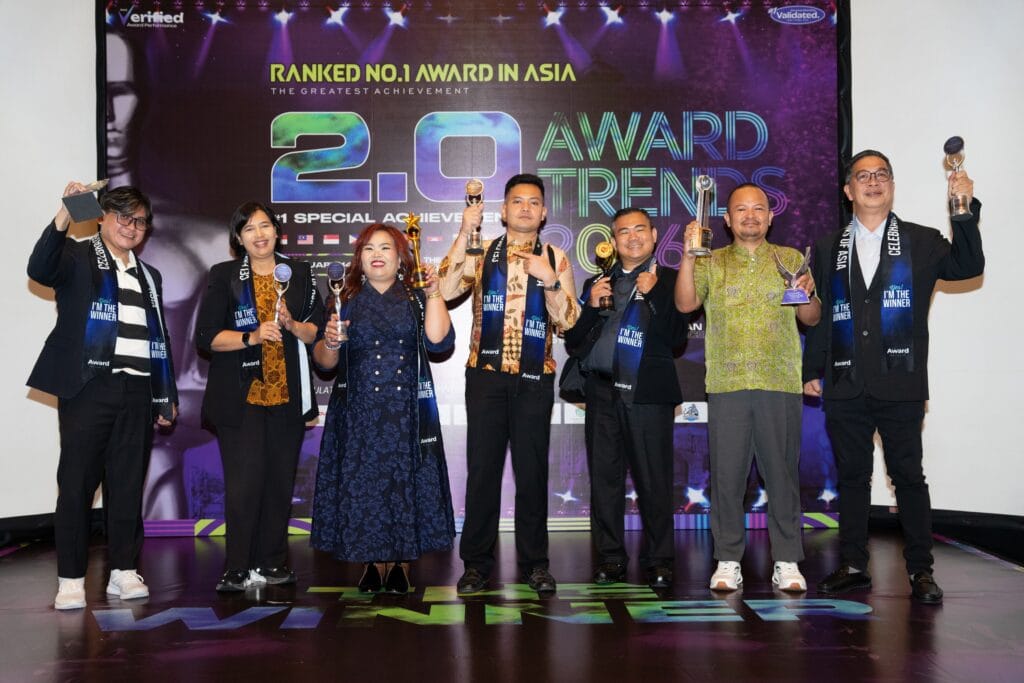In a thought-provoking keynote at VivaTech 2024 in Paris, Elon Musk shared his vision of a future where artificial intelligence (AI) takes over all jobs, potentially transforming the nature of work and society itself.
“Probably none of us will have a job,” Musk declared during his virtual address at the tech conference on Thursday. He envisions a world where employment is optional, with AI and robots providing the goods and services needed for everyday life.
Musk described a scenario where people might choose to work only if they desire to, turning jobs into optional hobbies. “If you want to do a job that’s kinda like a hobby, you can do a job,” Musk explained. “But otherwise, AI and the robots will provide any goods and services that you want.”
To support this new societal structure, Musk proposed the idea of “universal high income,” distinguishing it from the concept of universal basic income (UBI). While he did not elaborate on the specifics, he suggested a system where everyone has access to substantial income regardless of employment status. UBI typically involves the government providing a set amount of money to all citizens, regardless of their earnings.
“There would be no shortage of goods or services,” Musk assured, suggesting that AI could not only replace human labor but also ensure an abundance of products and services.
The rapid progress of AI technology has raised urgent questions for regulators, companies, and consumers about its responsible use and the future of work. Concerns about how AI will reshape various industries and job markets are growing.
In January, researchers from MIT’s Computer Science and Artificial Intelligence Lab reported that the adoption of AI in workplaces has been slower than some had anticipated. The study found that many jobs previously identified as vulnerable to AI were not yet economically advantageous for employers to automate. This indicates that while AI has the potential to take over jobs, its implementation is a complex and gradual process.
Experts generally believe that roles requiring high emotional intelligence and human interaction, such as mental health professionals, creatives, and educators, are less likely to be replaced by AI. These positions, involving intricate human emotions and interpersonal skills, remain largely irreplaceable by machines.
Despite his enthusiasm for AI’s potential, Musk has frequently expressed concerns about its impact. During his keynote, he identified AI as his “biggest fear.” He referenced Ian Banks’ “Culture Book Series,” which portrays a utopian society run by advanced AI, as one of the most realistic visions of a future dominated by intelligent machines.
However, Musk also raised an essential question about the potential emotional and existential consequences of a job-free world. “The question will really be one of meaning—if the computer and robots can do everything better than you, does your life have meaning?” he pondered. Musk suggested that humans might still play a crucial role in giving AI a sense of purpose, indicating that our interaction with and oversight of AI could provide a new form of meaning in our lives.
Furthermore, Musk addressed the impact of AI on social media, especially concerning children. He urged parents to limit their children’s exposure to social media, warning that “they’re being programmed by a dopamine-maximizing AI.” This comment underscores his broader concerns about the unintended consequences of AI, particularly in areas affecting mental health and well-being. As AI continues to evolve and become integrated into various aspects of life, Musk’s insights and warnings highlight the profound changes and challenges that society may face. The conversation about the future of work, the role of AI, and the quest for meaning in a potentially job-free world is just beginning.









